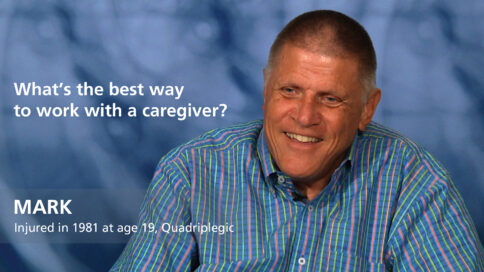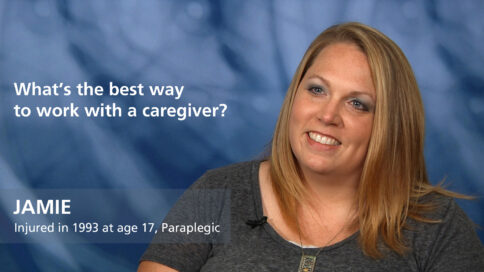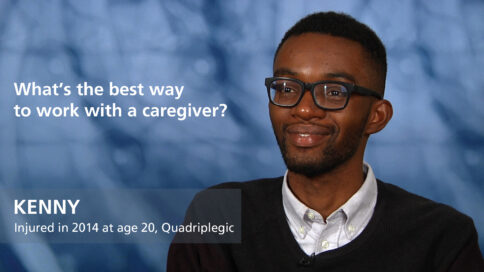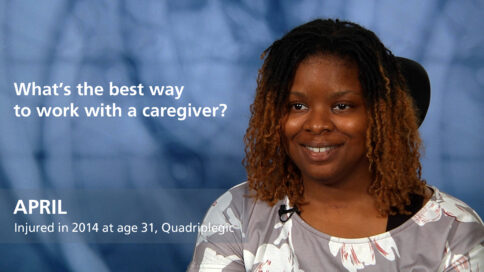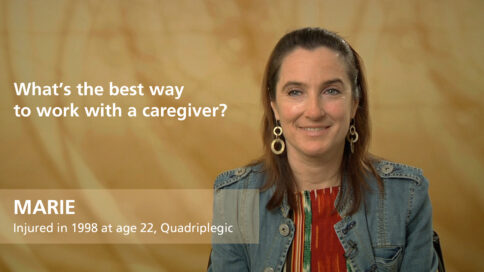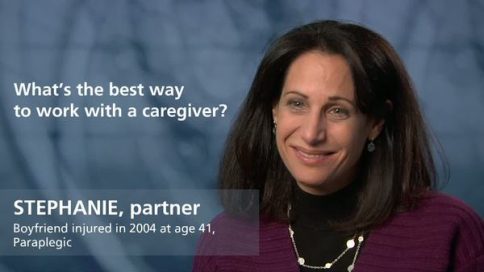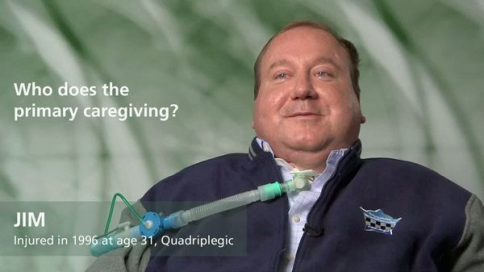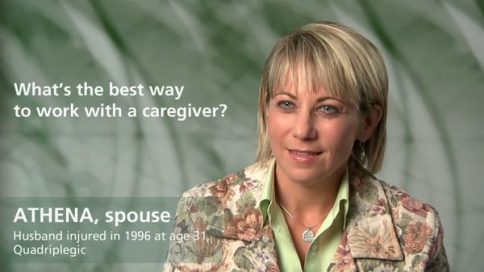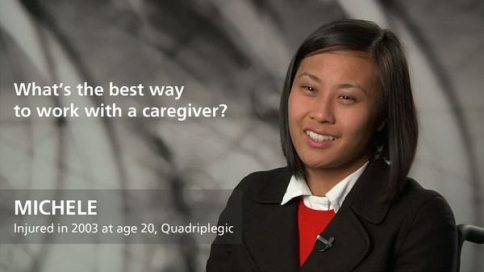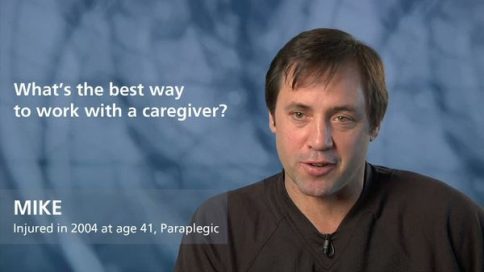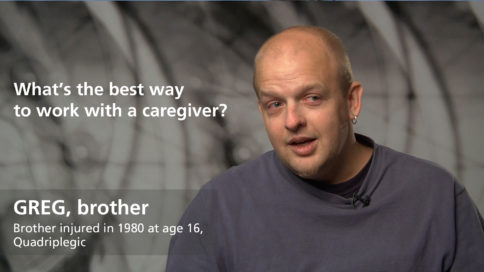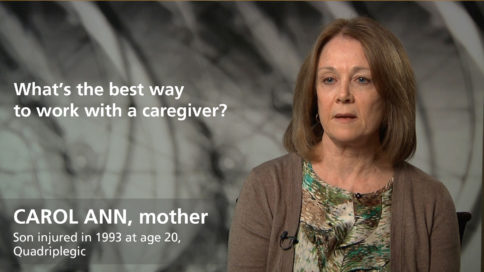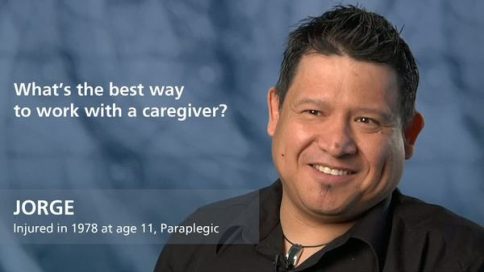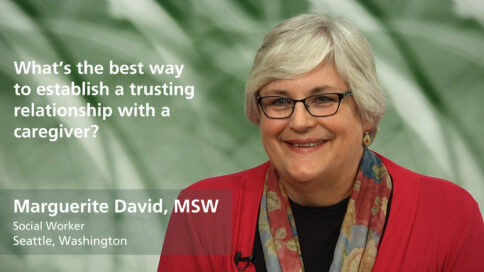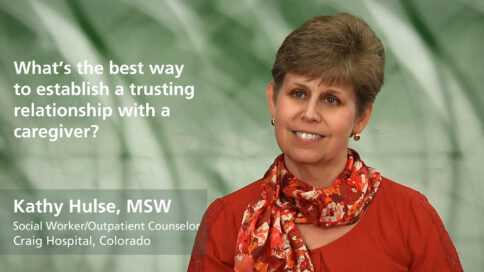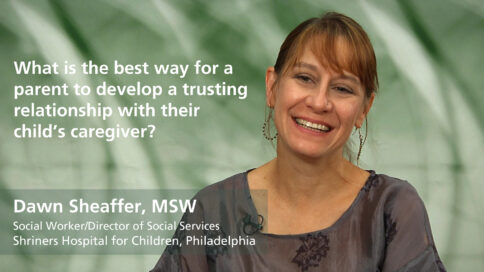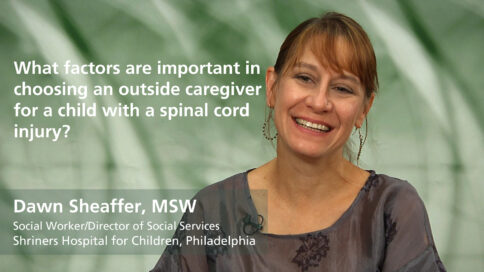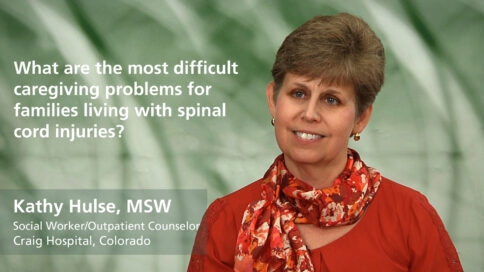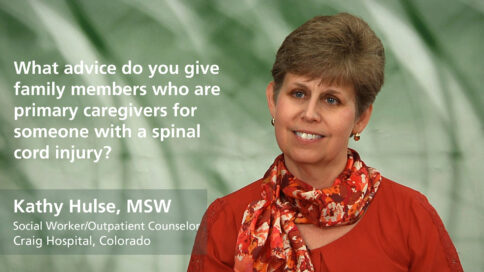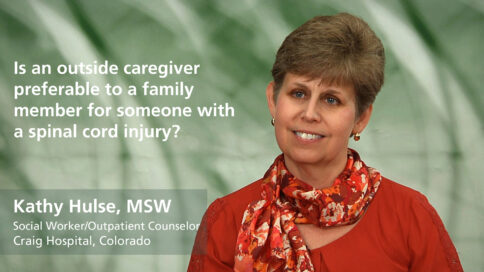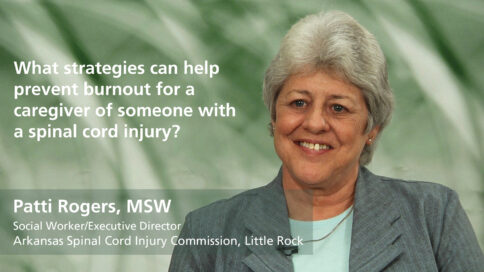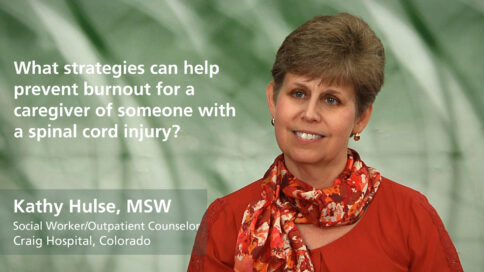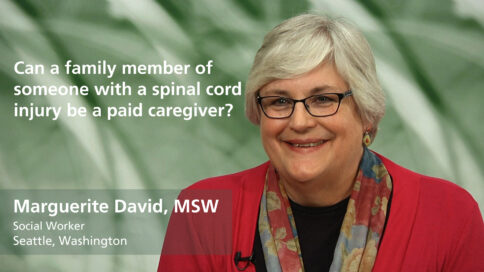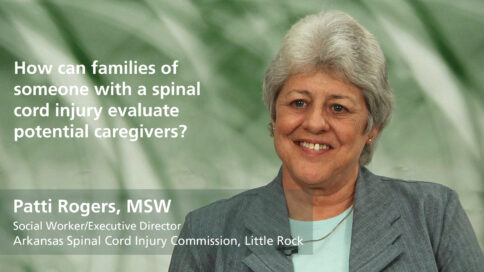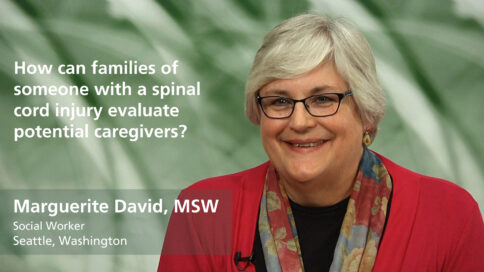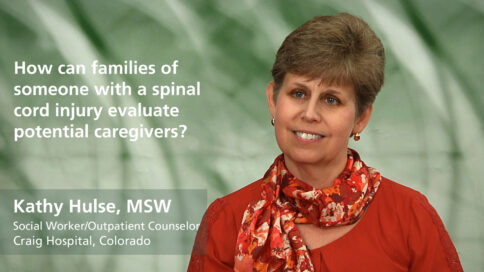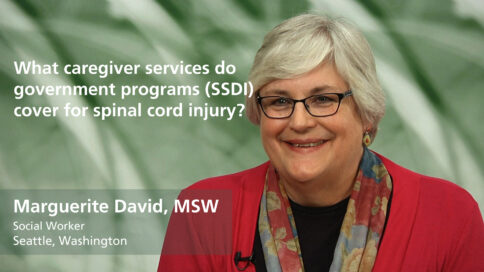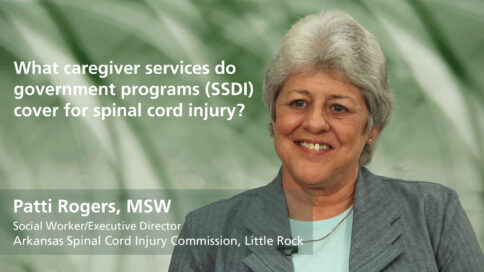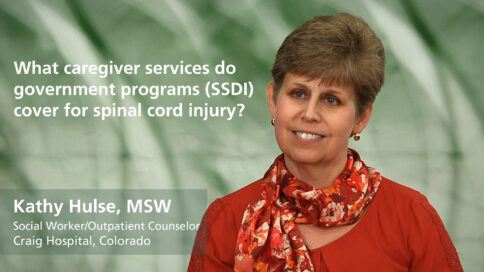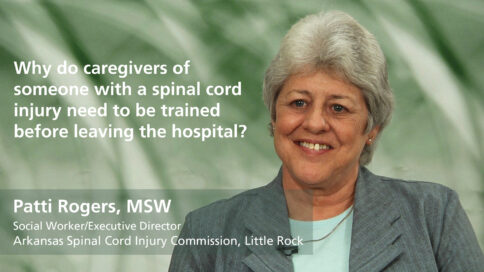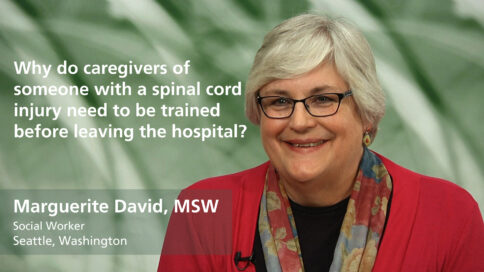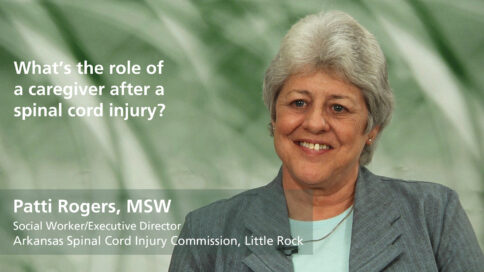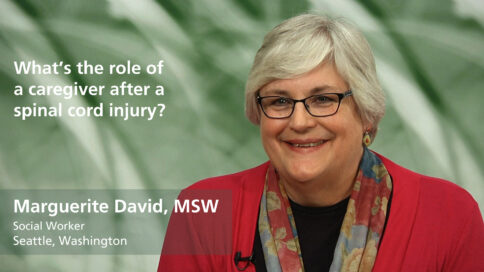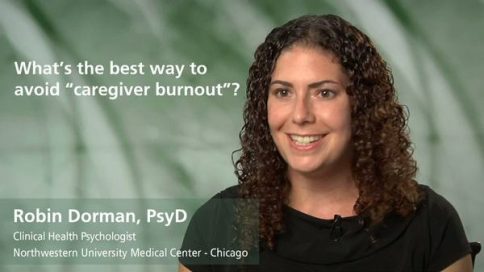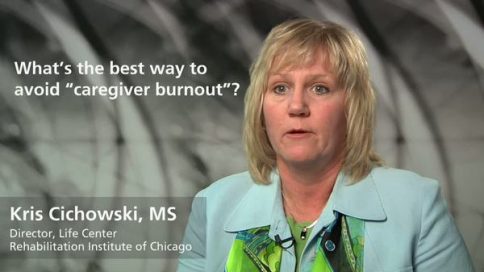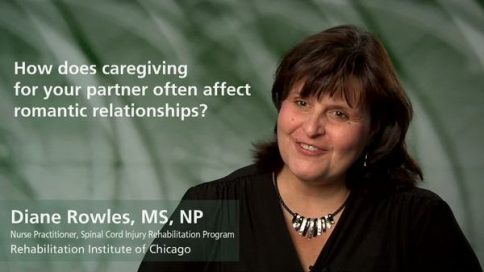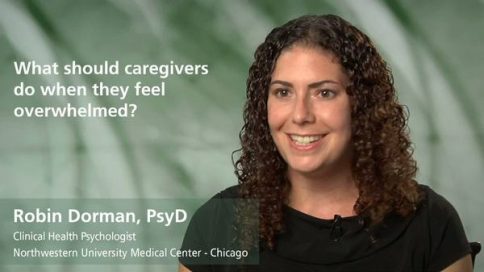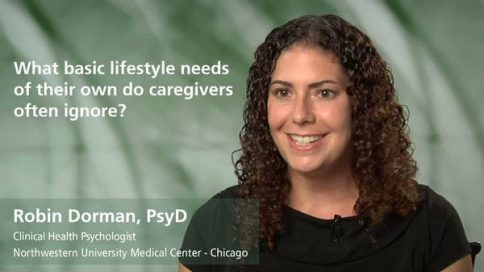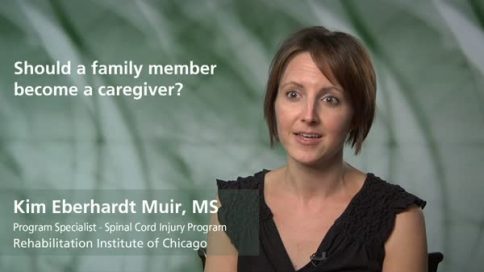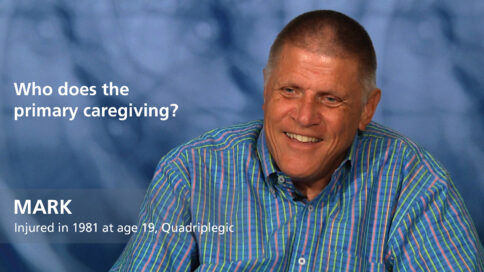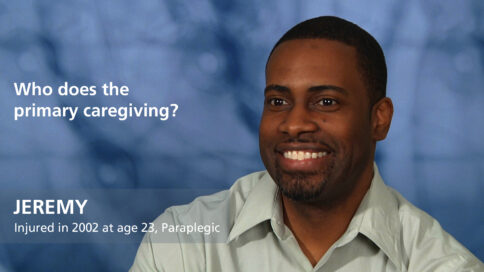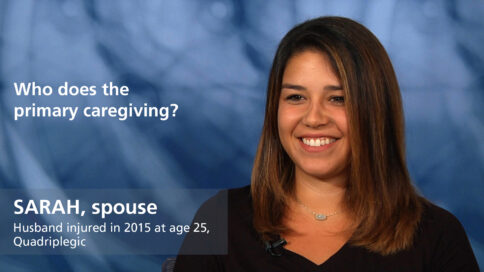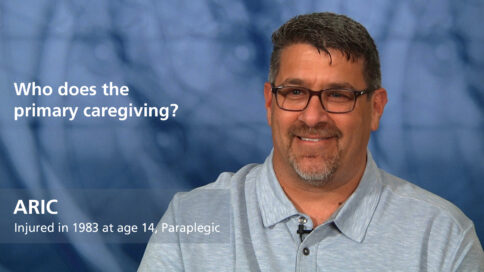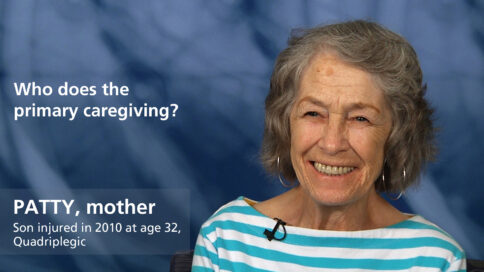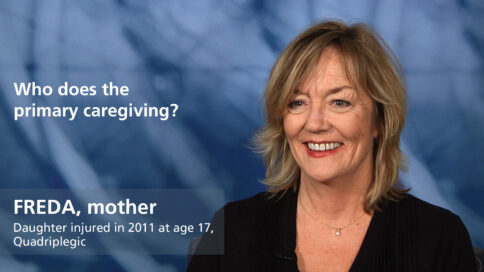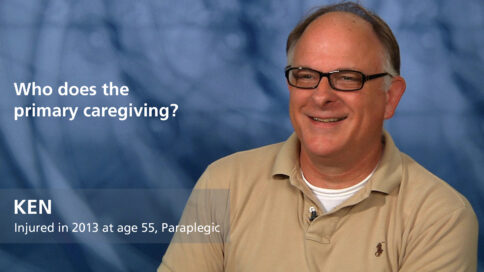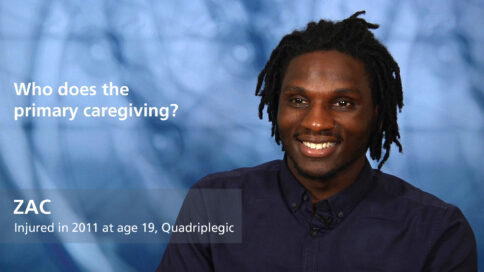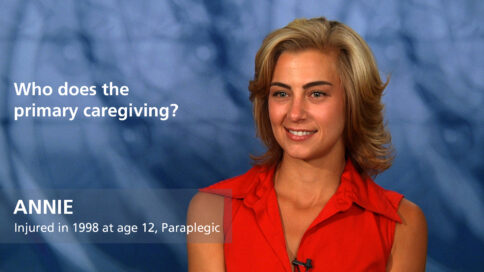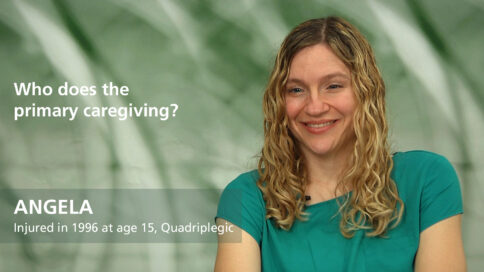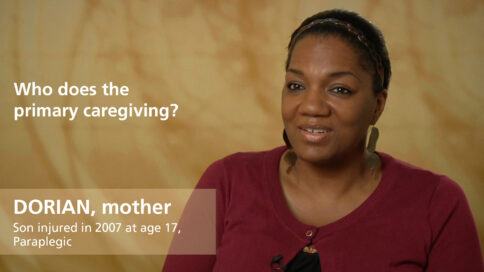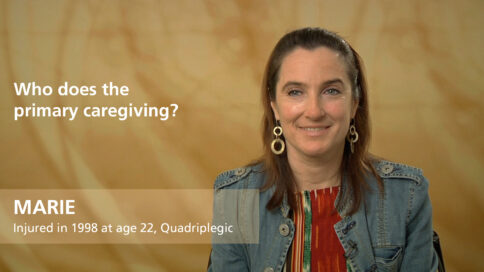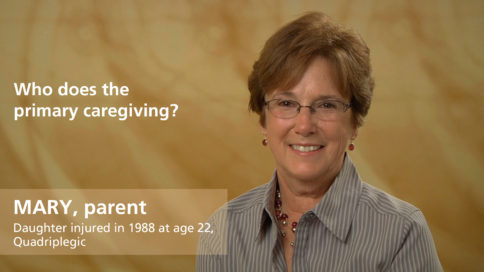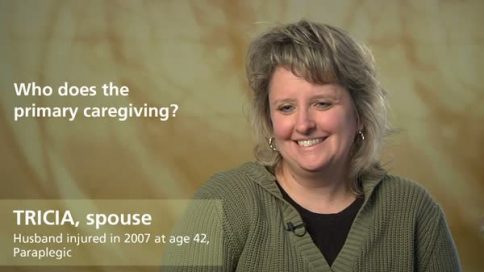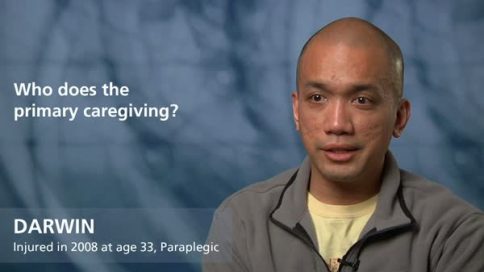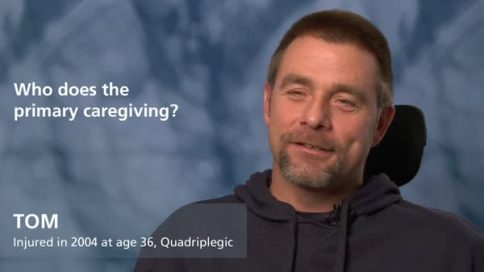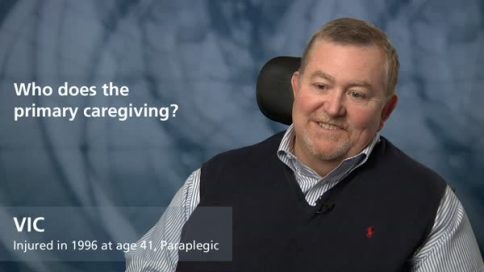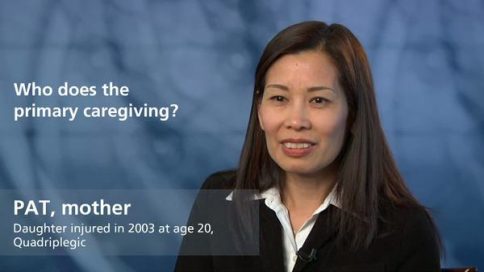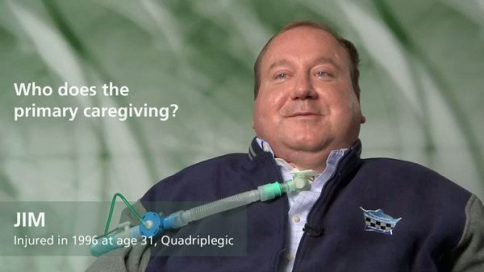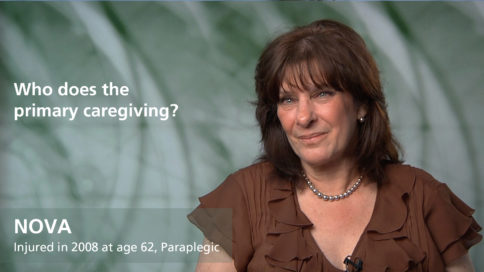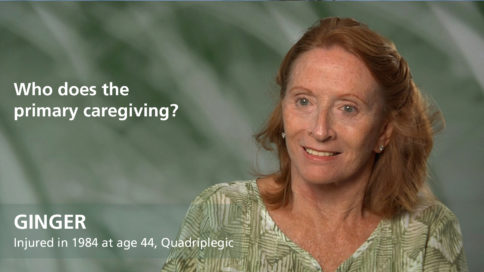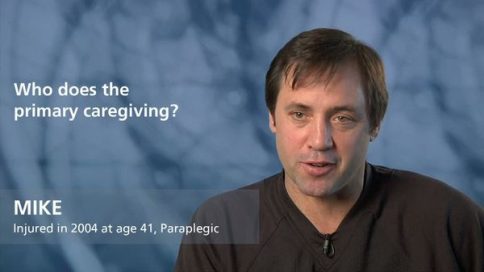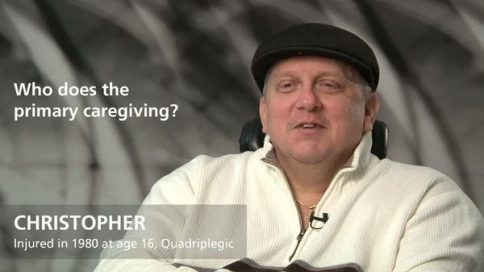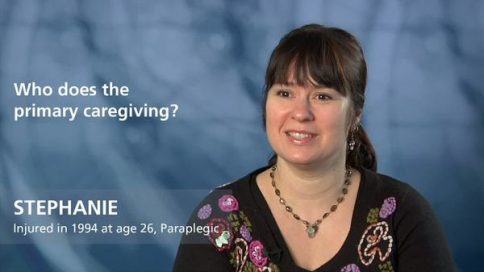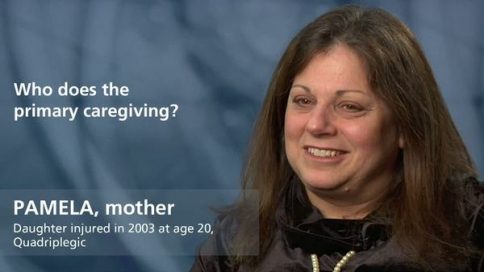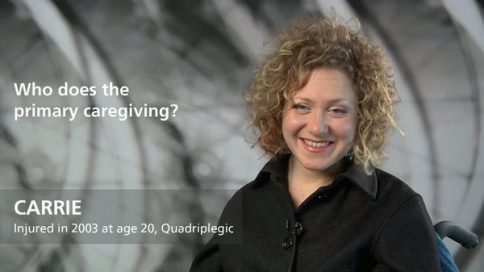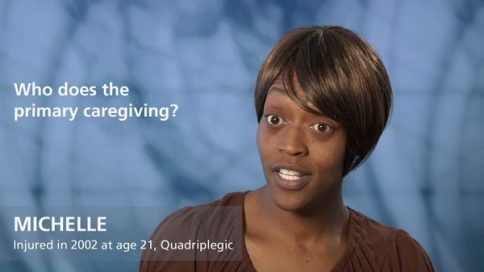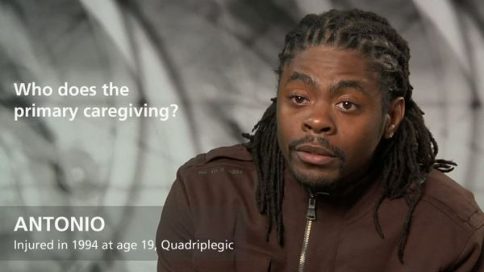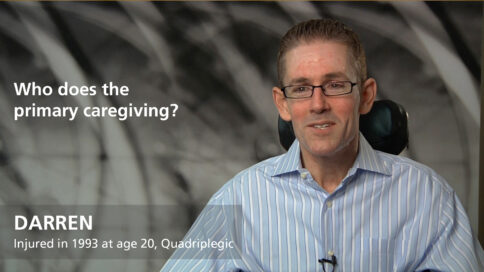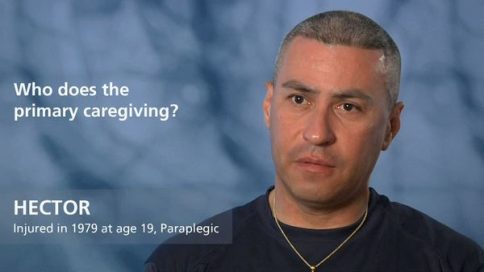Molly – What’s the best way to work with a caregiver?
|
|
Molly – What’s the best way to work with a caregiver? |
|
| More Videos by Molly | ||
|
Share |
||
Transcript
Originally, my mom was my full-time caregiver; she did all of my personal care. And that was great, I’m really glad that she was willing to do that. I think at the time, especially right after I got hurt, I wouldn’t have been comfortable having anybody else do it really. But, it was I think really hard for our relationship, it definitely put a strain on it. We spent so much time together, but it was all doing personal care sort of stuff. And so then when we had free time, it wasn’t like we wanted to spend it with each other because we spent all of our other time together. So, it ended up being that when I did fun things, it was with my brothers and my dad. And that everything I had to do that was some sort of chore, and related to my injury, was all with my mom, which definitely put a strain on our relationship. And, as I became more independent, I think that helped us a lot. We had to do more things together that we wanted to do and spending less time together doing things that we didn’t want to do. So, if there is any way to kind of minimize, especially if someone that you really care about is taking care of you, minimize the fact that so much of what you do together is a chore. That would be a good thing to keep in mind. And then when I went to school, I started by hiring caregivers from an agency, and that worked terribly. I had a lot of problems with people not showing, and coming late, and not being reliable and that was expensive. What I ended up doing was hiring grad students’ wives. So, I advertised on campus, and these were people who usually had full-time jobs and came over after work to help me out. They were great, really responsible, super punctual, young, understanding, had no history of medical care or anything like that, but they really didn’t need to. They just needed to be friendly, and follow instructions, and that was pretty much it, it wasn’t too complicated. So, that’s who I used for the remaining three years of my Stanford career, two years actually, and my fourth year I lived completely on my own. Every year I basically scaled back the amount of help that I needed. My freshman year they came every day. My sophomore year, they came every other day. My junior year, they really were kind of a more standby about that sort of thing. My senior year, I lived independently. But I would say, for me, it was important that I didn’t pay my friends to be my caregivers, just because I thought that created kind of a riskier, tenuous situation. So, I think keeping that separate is a good thing. I did become friends with my caregivers, but I didn’t hire my friends to be caregivers.
Show Less|
|
||
add
Molly – What’s the best way to work with a caregiver? |
||
MollyInjured in 2005 at age 15, quadriplegic |
More Videos by Molly | |
| Transcriptadd | share | |
Originally, my mom was my full-time caregiver; she did all of my personal care. And that was great, I’m really glad that she was willing to do that. I think at the time, especially right after I got hurt, I wouldn’t have been comfortable having anybody else do it really. But, it was I think really hard for our relationship, it definitely put a strain on it. We spent so much time together, but it was all doing personal care sort of stuff. And so then when we had free time, it wasn’t like we wanted to spend it with each other because we spent all of our other time together. So, it ended up being that when I did fun things, it was with my brothers and my dad. And that everything I had to do that was some sort of chore, and related to my injury, was all with my mom, which definitely put a strain on our relationship. And, as I became more independent, I think that helped us a lot. We had to do more things together that we wanted to do and spending less time together doing things that we didn’t want to do. So, if there is any way to kind of minimize, especially if someone that you really care about is taking care of you, minimize the fact that so much of what you do together is a chore. That would be a good thing to keep in mind. And then when I went to school, I started by hiring caregivers from an agency, and that worked terribly. I had a lot of problems with people not showing, and coming late, and not being reliable and that was expensive. What I ended up doing was hiring grad students’ wives. So, I advertised on campus, and these were people who usually had full-time jobs and came over after work to help me out. They were great, really responsible, super punctual, young, understanding, had no history of medical care or anything like that, but they really didn’t need to. They just needed to be friendly, and follow instructions, and that was pretty much it, it wasn’t too complicated. So, that’s who I used for the remaining three years of my Stanford career, two years actually, and my fourth year I lived completely on my own. Every year I basically scaled back the amount of help that I needed. My freshman year they came every day. My sophomore year, they came every other day. My junior year, they really were kind of a more standby about that sort of thing. My senior year, I lived independently. But I would say, for me, it was important that I didn’t pay my friends to be my caregivers, just because I thought that created kind of a riskier, tenuous situation. So, I think keeping that separate is a good thing. I did become friends with my caregivers, but I didn’t hire my friends to be caregivers.
